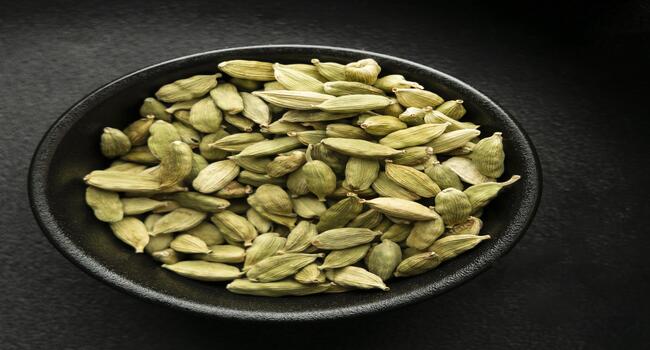
Polycystic ovary syndrome (PCOS) is a common endocrine disorder that affects women of reproductive age. It's often characterized by irregular menstrual cycles, high levels of androgen hormones, and the presence of multiple ovarian cysts. Women with PCOS may also experience weight gain, insulin resistance, and chronic low-grade inflammation, which can lead to various health complications, including infertility, type 2 diabetes, and cardiovascular disease.
Researchers have been investigating the potential benefits of dietary interventions, such as herbal supplements, for managing the symptoms of PCOS and reducing the associated inflammation. One such herb that has gained attention for its anti-inflammatory and antioxidant properties is green cardamom.
Clinical trial
A randomized, double-blind, placebo-controlled clinical trial investigated the effects of green cardamom supplementation on the serum levels of inflammatory markers and their gene expression in obese women with PCOS. The study included 194 participants who were randomly assigned to two groups: an intervention group that received 3 grams of green cardamom per day, and a placebo group that received a placebo pill.
All participants were also put on a low-calorie diet to help with weight loss and improve insulin sensitivity. Anthropometric measurements, including height, weight, and waist circumference, were taken at the beginning and end of the four-month intervention period. Blood samples were also collected to measure hormone levels and inflammatory markers.
Results
The study found that both the intervention and placebo groups showed improvements in their anthropometric measurements. However, the green cardamom group had significantly greater reductions in androgen hormones, including luteinizing hormone, androstenedione, and dehydroepiandrosterone, and a significant increase in follicle-stimulating hormone compared to the placebo group.
